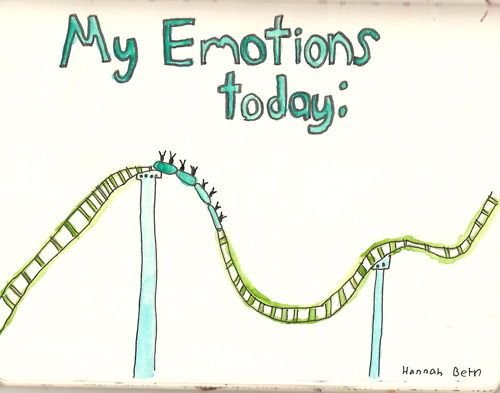A research based article by Aaushi Shah and Prachi Mehta (Co-Founders, Listen Works)
What has quarantine done to people?
It is indeed important to quarantine yourself from preventing the spread of infectious disease. Nevertheless, this situation of physical distancing has impacted people’s mental health in a myriad of ways. It has affected people in connecting with others and it has also impacted one’s autonomy and self-worth.
Reactions and feelings about the situation..
After conducting a survey on a few people, it wasn’t surprising to know that people vary in their thought patterns. Some individuals expressed that they like the quarantine period because they have the time to do what they want to, they can rest which otherwise is not possible due to their hectic schedules. They feel more relaxed and peaceful and some are even re-engaging with their long lost indoor hobbies. Whereas, others seemed to have a mixed set of emotions and feelings. They welcome the break they have got from their frenetic daily motions, but they also feel restricted in many ways. Still, others have accepted and made themselves comfortable with the quarantine as the days go by.
Though what is distinctively observed is that many expressed varied forms of anxiousness, fearfulness and perceiving situations negatively. The main factor that led to their shift in behaviour and emotions was the ‘Change’ itself. The change from an outgoing and ceaseless dynamics of life to isolation and standstill. People are feeling lonely, lost, frustrated as their personal space seems to be invaded. They seem fearful of the uncertainty and are concerned about the future. They are tired of the daily monotony, which is a result of an upset routine. All this, in turn, has led to reactions of disappointment, guilt, agitation, crying spells, low moods and overthinking. Looking at the current scenario, people who enjoy the outdoors appear to be more stressed out and fearful than those who prefer staying home. Therefore, it is rightly said, “an empty mind is a devil’s workshop”.
How does the ABC model work?
Situations and thoughts/ emotions are connected to each other. It so often happens that undesirable situations lead to undesirable thoughts and emotions, and desirable situations lead to desirable thoughts and emotions. Desirable and undesirable concepts are subjective terms and differ from person to person. But the ABC model gives us subjective experience on how our one thought (desirable/undesirable) leads to unpredictable desirable and undesirable consequences. Where A stands for Antecedent (activating event), B stands for Beliefs (our thoughts) and C stands for Consequences (our behaviours, reactions and emotions). For example, during quarantine, a lot of people feel frustrated and they show it by getting irritated and crying. Quarantine is an ‘activating event’, whereas being lonely and disappointed about a situation are our ‘thoughts’ which leads to irritation and frustrations as ‘consequences’. This
chain of thoughts is interlinked with our emotions and reactions to the situations i.e frustrations, anger outbursts, irritation, lethargic and sleeplessness. The people who are relaxed during quarantine and aren’t bored are able to experience positive consequences such as spending quality time with their family and with themselves as a result.
Tips and strategies to aid during fearful and anxious situations
Following are a few tips/ strategies to cope during quarantine and stabilize our emotions.
● Working out in the morning helps to feel energized, reduces stress, and improves mood.
● Practising Yoga is directly linked to a stronger immune system. Breathing techniques help in reducing anxiety. Meditation can be very beneficial and make you feel calm and collected.
● Eating your favourite food might affect your mood positively.
● Productively plan your day, make a to-do list, plan your evenings in video calling to loved ones, and pre-decide the timings in watching the news. Try to follow one routine.
● Engaging with a hobby keeps our brain engaged positively and increases one’s self-esteem.
● Brain stimulating activities: Engage yourself in some mind stimulating activities like playing cards, solving sudoku, crosswords or listen to music to avoid boredom, improve mood and rejuvenate.
● Creating personal space: Creating a small corner for ourselves helps us to focus and detach with our busy surroundings when needed to.
● Virtual support system- We can use technology to connect with people virtually, learn new things and explore.
● Communicating – Rather than avoiding and distracting yourself, communicate with your loved ones about your worries and distress. ● Seeking Help-Seeking help from a professional helps to understand your worries and helps to create a balance between the positive and negative thoughts, emotions and feelings.


